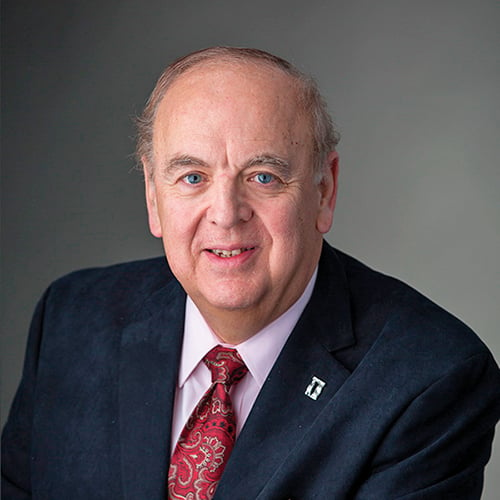According to a recent survey conducted by AARP, over one-third of older adults in America are experiencing pervasive loneliness. This equates to over 42.6 million older adults in the country being impacted by social isolation, with the number increasing every year. Loneliness and social isolation aren’t just the newest buzz words making their way across the healthcare field; they are serious issues that can have a detrimental impact on a person’s mental and physical health.
Although research is still developing surrounding the intricacies of exactly how loneliness influences physical health, it is certain that it’s negative. Social isolation is associated with increased mortality, and negative health behaviors such as substance use, lack of physical exercise, poor dietary choices and smoking. This results in a higher incidence of diabetes and high blood pressure, and some studies suggest an increased susceptibility to cognitive health disorders like dementia. With a growing number of adults reaching older adulthood, it is imperative now more than ever to understand this public health issue and learn how to combat it within our own community.
Many of us are fortunate to live in communities where indicators of social isolation will be noticed. Oh you’re feeling sick? Let me stop by with some chicken soup … Did you see Avi at shul today? He’s usually here by now, I’ll check up on him … Yet many, many people in our own communities can be overlooked and ignored, or are simply not in a position to ask for the help that they need. Loneliness is not something concrete; it’s not as simple as a bill that has to be paid, or a medicine that should be taken. Loneliness and perceived loneliness are multi-layered and can present themselves for any number of reasons.
Previously social adults may experience isolation for any number of reasons. Their circle of friends begins to dwindle, they become widowed, it becomes increasingly difficult to leave the home as physical frailty worsens. For those who have experienced significant hardship or trauma in their lives, such as Holocaust survivors, loneliness can exacerbate latent symptoms of post-traumatic stress disorder, thereby putting them at even further risk of developing social isolation.
At Jewish Family Service of Central NJ, we serve hundreds of older adults in a number of different capacities. As a social worker, when I go to visit my clients I want to know: Who do they call when they’re in an emergency? What kind of hobbies or activities do they like to do? How do they get around? Who are their friends? Here are some tips that everyone can do to prevent social isolation in the older adults in their lives:
Offer a ride to a doctor’s appointment. Knowing that they have someone to call to take them to a medical appointment will ease anxiety and promote trust and comfort, because they know they will be taken care of.
Invite them to community events. Shul art night? Jewish history lecture series? If you know about things that are going on, give them a call and invite them, even if you know they won’t go. The feeling of inclusion will work wonders.
Ask to go for a walk around the block. This might be harder to do in wintertime, but don’t underestimate the impact of fresh air and good company. Many older adults love to walk, but due to impaired mobility they may be scared of going out alone. Offer an arm.
Don’t be afraid to ask questions. Chances are, if they are very socially isolated, they don’t have a good support system. If you have a good relationship with this person, don’t be afraid to ask about who they call in case of an emergency or if they have family for them to rely on.
Know your community resources. There are many wonderful agencies that provide service and support to older adults. At JFS of Central NJ, we receive phone calls every day from concerned neighbors, friends or relatives. In many cases, these connections have helped us provide emergency financial assistance, help with applying for benefits or friendly visits.
If you believe that you are experiencing social isolation, please know that you are not alone! There are many resources and guides to help you experience life at its full capacity. Reach out to someone that you trust: a community agency, a friend, relative or a rabbi.
By Alyssa Reiner, MSW, LSW
Alyssa Reiner, MSW, LSW, is a licensed social worker and graduate of the Boston University School of Social Work, who specializes in trauma work with Holocaust survivors as well as survivors of sexual assault. She currently works on a federally funded program supported by the JFNA Center for Advancing Holocaust Survivor Care and The Jewish Federation of Greater MetroWest Holocaust Survivor Fund at JFSCNJ, which provides innovative trauma-informed care to Holocaust survivors and their caregivers. Alyssa can be reached at [email protected].











